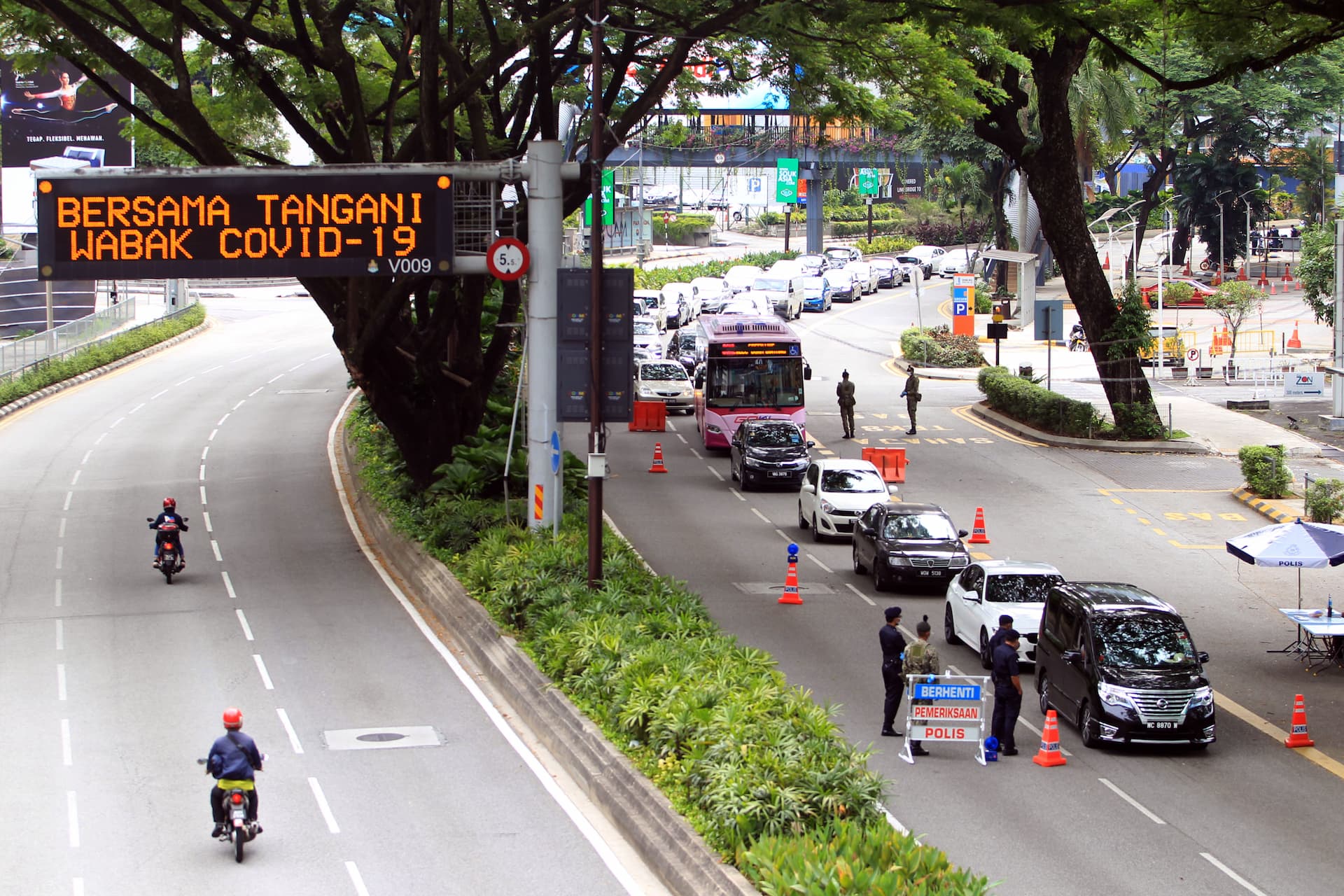
There was confusion in the air as workers with approval letters from the first and second phases of the Movement Control Order (MCO) were turned away by the police during roadblocks and sent home. Their crime? Not having the approval letter from the third phase of the MCO, which contained a QR code.
Speaking to Enterprise, Malaysian Dutch Business Council (MDBC) executive director Marco Winter says the council received several calls from its members who were caught out by this issue. “Companies with approval letters from MCO 1 or MCO 2 had their workers stopped at roadblocks because the approval letter didn't have the QR code, which is included in the new approval letters that are slowly being given out this week,” he says,
“The QR code is linked to the HR (human resources) lists which the companies have submitted with their application to resume operations, so it [will] be easier for the police to check the validity of the person on the road.”
While it is a good solution, Winter says this clearly contradicts the Ministry of International Trade and Industry's (Miti) statement that letters issued during the initial phases of the MCO are still valid. The statement, however, encouraged those with approval letters from the first and second phases of the MCO to reapply for an approval letter with the QR code to ease checking at roadblocks.
For this new set of applications for the new sectors that have been opened up, MITI has announced that it can take up to five days for companies to receive a reply on their application. This makes it critical that the original approval letters are still considered as valid for the workers who are stopped at roadblocks. In the meantime, all parties involved should ensure passage of way to the legit workers, says Winter.
“During such uncertain times, some companies got the approval because they are considered essential but still have to manage their operations with an average of 30% to 50% of their workforce. These same workers have to work each day because mutations are not allowed, not even internal transfers. This [the confusion about approval letters] brings about additional uncertainty and disruptions,” says Winter.
Looking forward, Winter says Miti has to consider the instructions from the National Security Council (NSC) and the Ministry of Health because health and safety comes first. There also needs to be better coordination via the NSC with the people on ground, especially with the police at roadblocks.
He understands that Miti has to deal with tens of thousands of applications, with some leftover from MCO 1 and MCO 2 but suggests that this could have been handled better. “MITI could have opened a separate portal for the companies which already had approval and were now told to re-apply so they can get [a letter with] the QR code.”
The general consensus among business associations and chambers is that consistency in the guidelines and FAQs is most important, says Winter. In a televised press conference yesterday, the Minister of International Trade and Industry Datuk Seri Mohamed Azmin Ali said employees working with companies that are allowed to operate during the MCO must undergo Covid-19 screening.
Miti would collaborate with the Human Resources Ministry through the Social Security Organisation (Socso) as part of the government’s efforts to ensure that all the employees are free from the virus.
This was a new guideline which took all companies by surprise, says Winter, because prior to this, companies were allowed to do their own daily screening. MDBC’s members called him immediately.
Questions ranged from how to deal with this new guideline as a company to how it was possible to send a few hundred workers to a clinic and still maintain social distancing and whether this testing would have to be done daily.
MITI later clarified that companies can proceed to operate until the standard operating procedures (SOP) for Covid-19 testing is out.